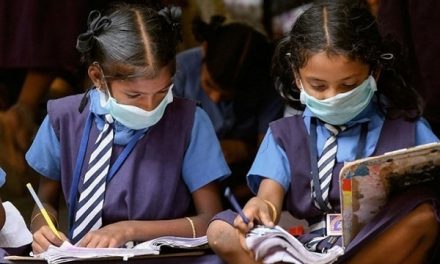GST Council meet: The Goods and Services Tax (GST) Council will meet on August 27 under the chairmanship of Finance Minister Nirmala Sitharaman to discuss revenue compensation to states. The meeting will be held via video-conferencing and members will assess the gap between the total GST Cess collection and the compensation cess yet to be paid to various states. The council may also discuss a proposal to borrow from the market to meet revenue shortfall.
On August 27, the Council’s 41st meeting would consider a proposal to borrow money from the market to compensate states for their revenue shortfalls, and on September 19, the apex federal body 42nd meeting would take up other issues such as the resolution of the inverted duty structure, tax on pan masala and more measures for the ease of doing business, two officials said, requesting anonymity.
The GST Council meet will finally make a decision on how much of the revenue loss incurred by the states will be borne by the Centre. Since FY16, states are entitled to get 14 per cent hike in revenue, though COVID-19 has badly hit the Centre’s revenue. The Centre has been of the view that states can be compensated for revenue shortfall from compensation cess only.
Earlier, Union finance minister Nirmala Sitharaman had said after the 40th meeting of the Council on June 12 that the August 27 meeting would be special, as it would discuss a single matter. The meeting’s only agenda will be how to pay compensation to states at a time when the compensation cess collection has plunged because of weak economic activities owing to coronavirus disease (Covid-19) pandemic.
States are likely to propose additional measures to raise funds such as bringing more products such as tobacco and cigarettes, and other goods used predominantly by the rich under the compensation cess ambit. Raising the rates for compensation cess from present levels to factor in inflation and restoration of wrongly diverted integrated GST for 2017-18 are among other measures that may be discussed.
States have previously suggested that the Council should borrow and loan to states because borrowing for states will attract higher rates. As per an SBI Research report, states have already borrowed over 50% more from the markets for the ongoing financial year than the amounts borrowed in the previous financial year.
Compensation to states has to be paid over a five-year transition period—starting July 1, 2017, when GST was rolled out—for any potential loss in revenue due to implementation of the tax. Compensation is paid from the GST Compensation Fund through cess imposed on certain items. Increasing the period of payment to states beyond five years may also be discussed to meet the shortfall.












